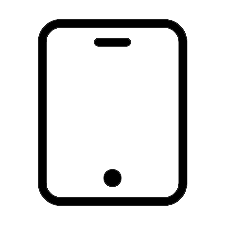Important Safety Information for Sucraid® (sacrosidase) Oral Solution
- Do not prescribe Sucraid® to patients known to be hypersensitive to yeast, yeast products, papain, or glycerin (glycerol).
- Sucraid® may cause a serious allergic reaction. Patients should stop taking Sucraid® and get emergency help immediately if any of the following side effects occur: difficulty breathing, wheezing, or swelling of the face. Care should be taken when administering initial doses of Sucraid® to observe any signs of acute hypersensitivity reaction.
- Although Sucraid® provides replacement therapy for the deficient sucrase, it does not provide specific replacement therapy for the deficient isomaltase.
- Adverse reactions as a result of taking Sucraid® may include worse abdominal pain, vomiting, nausea, diarrhea, constipation, difficulty sleeping, headache, nervousness, and dehydration.
- Before prescribing Sucraid® to diabetic patients, the physician should consider that Sucraid® will enable sucrose hydrolysis and the absorption of those hydrolysis products, glucose and fructose.
- The effects of Sucraid® have not been evaluated in patients with secondary (acquired) disaccharidase deficiency.
- DO NOT HEAT SOLUTIONS CONTAINING SUCRAID®. Do not put Sucraid® in warm or hot fluids. Do not reconstitute or consume Sucraid® with fruit juice since the acidity of the juice may reduce the enzyme activity of Sucraid®. Half of the reconstituted Sucraid® should be taken at the beginning of the meal or snack and the other half during the meal or snack.
- Sucraid® should be refrigerated at 36°F-46°F (2°C-8°C) and should be protected from heat and light; single-use containers can be removed from refrigeration and stored at 59°F-77°F (15°C-25°C) for up to 3 days (72 hours). Refer to Instructions for Use for full information on how to take Sucraid®.
Indication
Sucraid® (sacrosidase) Oral Solution is indicated for the treatment of sucrase deficiency, which is part of congenital sucrase-isomaltase deficiency (CSID), in adult and pediatric patients 5 months of age and older.









